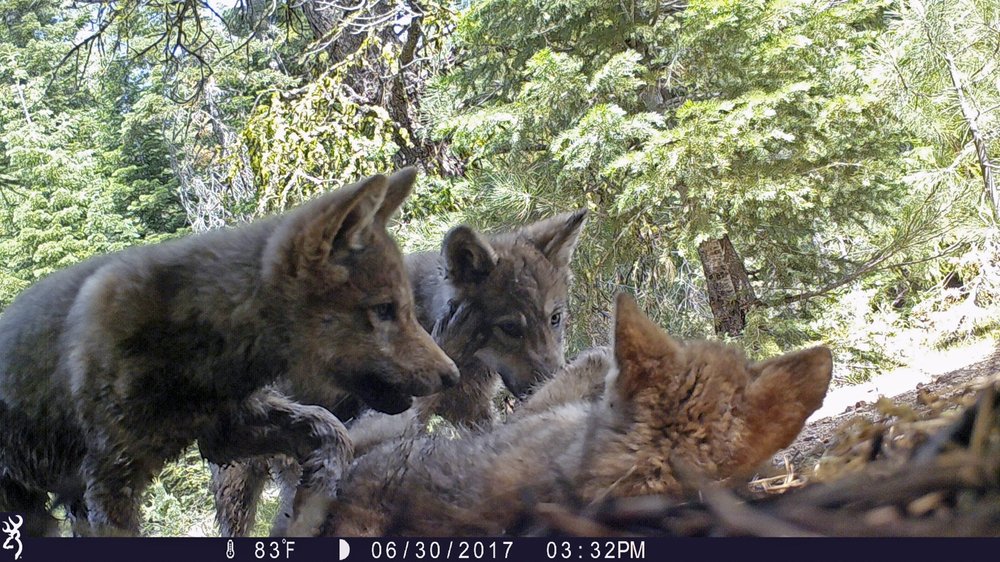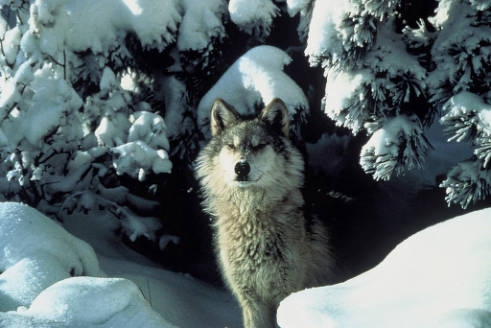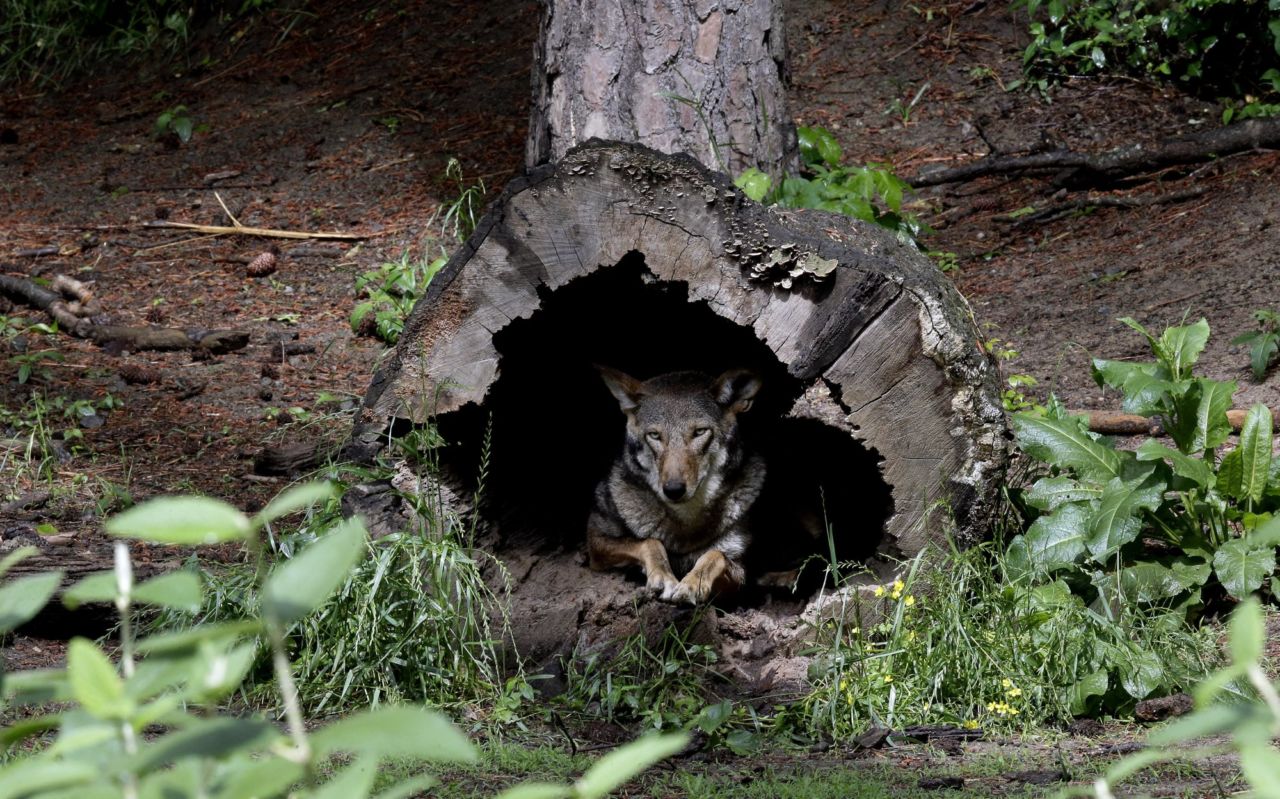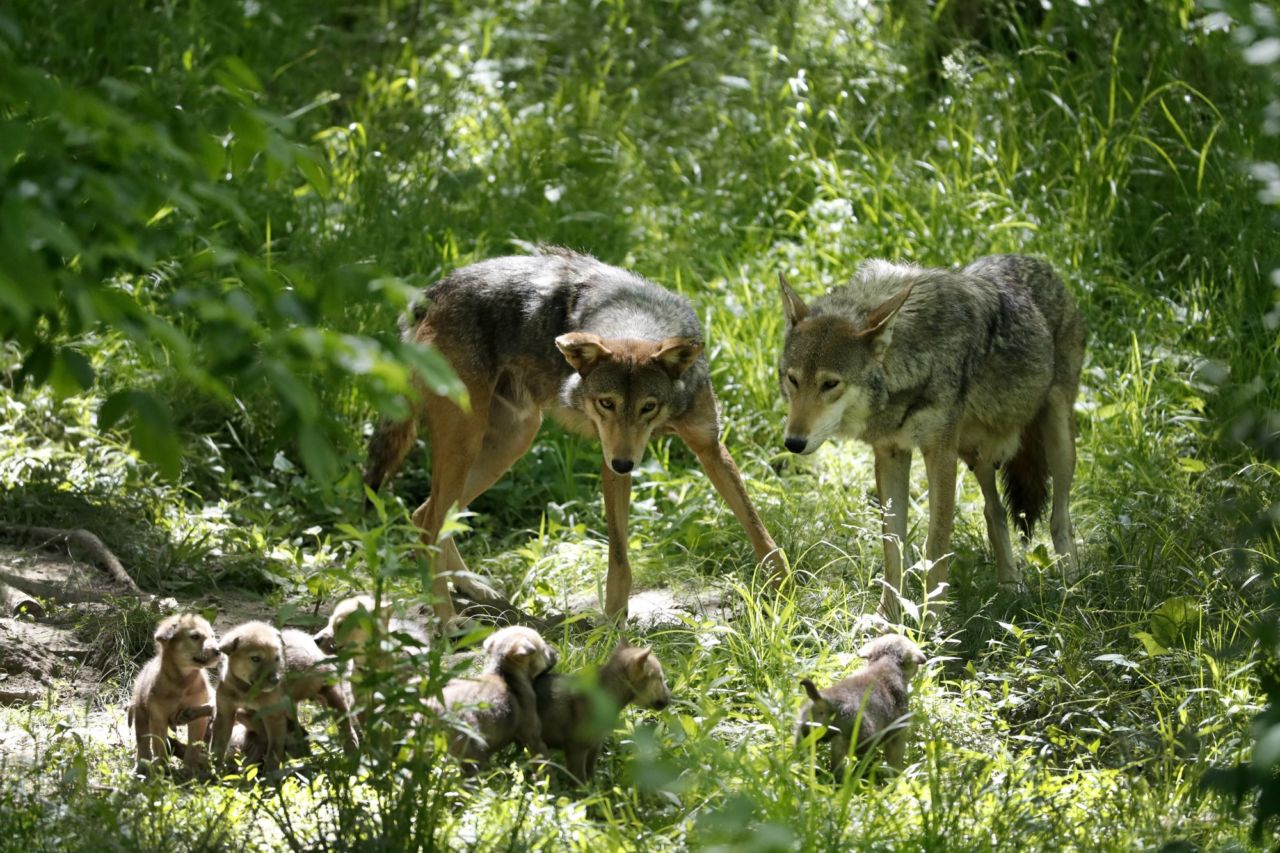Environment
Farmer relieved gray wolves are removed from the endangered species list

A federal decision from the U.S. Department of the Interior Thursday removed gray wolves from endangered species protection, drawing criticism from some conservation and animal rights groups, but praise from farm and wildlife organizations.
In 1985, there were 14 gray wolves in Wisconsin, according to the Wisconsin DNR. In 2020, that estimate is at 1,034. Ryan Klussendorf is a farmer in Taylor County who said he and his family have struggled with wolves since around 2011. Their cattle started escaping more frequently and became skittish. They even received a large animal citation despite arguments that their cattle were running from wolves.
“Eventually, we had a cow get attacked by wolves and killed out on pasture,” Klussendorf said. “That is an experience I never want to deal with again. It is something that you don’t understand until you actually deal with it, the nightmare you go through. The anxiety and the loss of sleep you deal with.”
Klussendorf said since wolves were on the endangered species list, they faced a felony if they tried to kill the wolves to protect their livestock.
If the decision stands, wolves will officially be removed from the list on Jan. 4, 2021. It is not clear what population control methods will look like, but they could include a new wolf hunting or trapping season in states like Wisconsin and Minnesota.
“We are not looking to eradicate the wolf population because we know that it is important for the ecosystem in Wisconsin,” Klussendorf said. “We just want to have the ability to protect our families and protect our livestock and make sure the ecosystem works in harmony with the people we live within our communities.”
Klussendorf said there is still plenty of work to do, and animal rights groups are threatening lawsuits. The gray was delisted in Wisconsin in 2014, but that decision was reversed by a federal judge after hearing arguments from activists. There could still be a judicial review of this most recent ruling.




